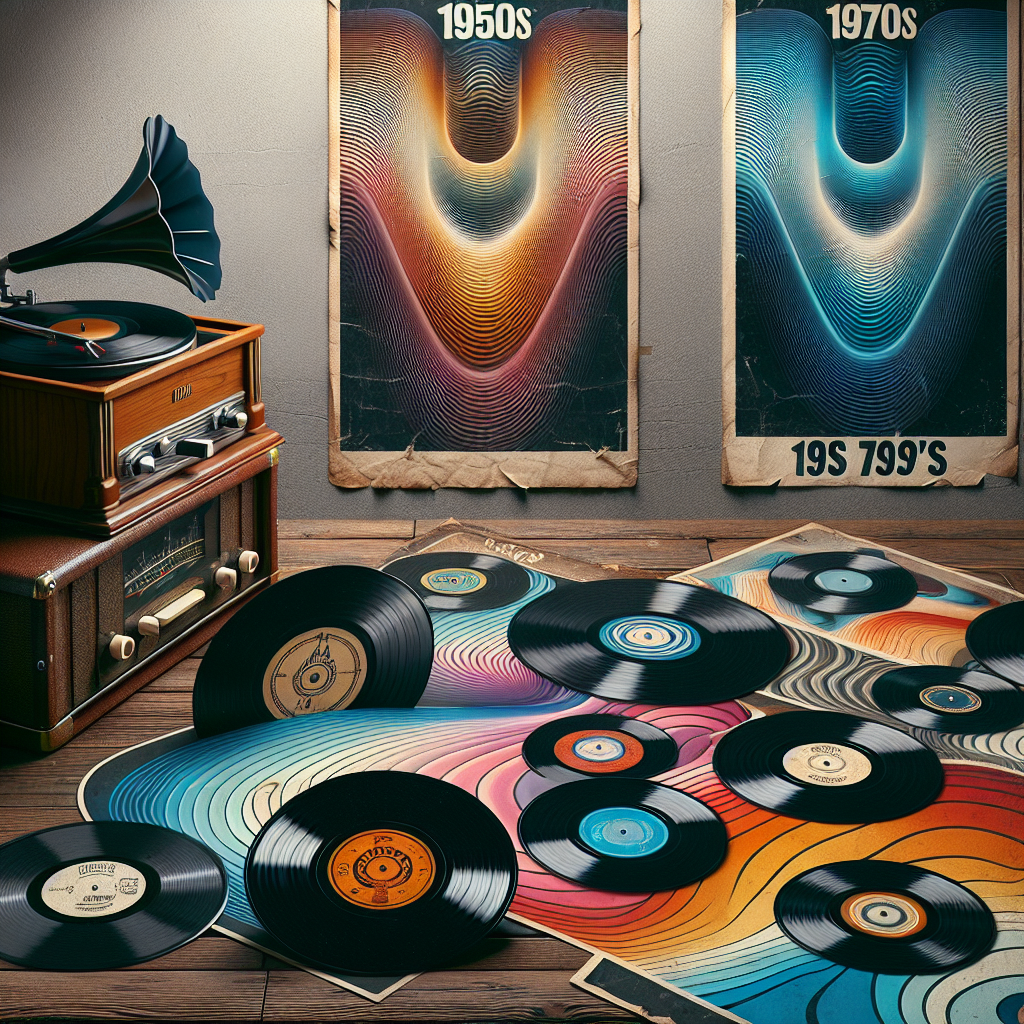Rock ‘n’ roll music has been a driving force in shaping culture and society for decades. From its humble beginnings in the 1950s to its peak popularity in the 1960s and 70s, rock ‘n’ roll has evolved and transformed, leaving a lasting impact on music, fashion, technology, and even politics.
In the 1950s, rock ‘n’ roll emerged as a new and exciting genre that challenged the status quo. With artists like Elvis Presley, Chuck Berry, and Little Richard leading the way, rock ‘n’ roll quickly became a symbol of rebellion and youth culture. The music was raw, energetic, and full of attitude – qualities that resonated with young people around the world.
As rock ‘n’ roll continued to gain popularity in the 1960s, it also began to influence other aspects of culture. Politicians started to take notice of the power of music and its ability to mobilize young voters. Artists like Bob Dylan used their platform to speak out against social injustices and advocate for change. Rock ‘n’ roll became a voice for a generation that was seeking freedom and equality.
Alongside its cultural impact, rock ‘n’ roll also played a significant role in shaping fashion trends. The iconic looks of bands like The Beatles and The Rolling Stones set the standard for coolness and individuality. From leather jackets to bell-bottom jeans, rock ‘n’ roll fashion became synonymous with rebellion and self-expression.
Technology also played a crucial role in the evolution of rock ‘n’ roll. The invention of electric guitars and amplifiers revolutionized the sound of music, allowing artists to experiment with new sounds and styles. Advances in recording technology made it easier for bands to produce albums and reach a wider audience. Rock ‘n’ roll was no longer confined to small clubs – it had become a global phenomenon.
Looking back at the music of the 50s, 60s, and 70s, it’s clear that rock ‘n’ roll has had a lasting impact on our culture. It continues to inspire new generations of artists who are pushing boundaries and challenging conventions. While some may argue that rock ‘n’ roll is a thing of the past, its influence can still be felt in modern music genres like punk rock, alternative rock, and indie pop.
As we reflect on the evolution of rock ‘n’ roll, we should celebrate its legacy and remember all the ways it has shaped our world for the better. From giving voice to marginalized communities to inspiring social change, rock ‘n’ roll has proven time and time again that music has the power to unite us all.


Get involved!
Comments